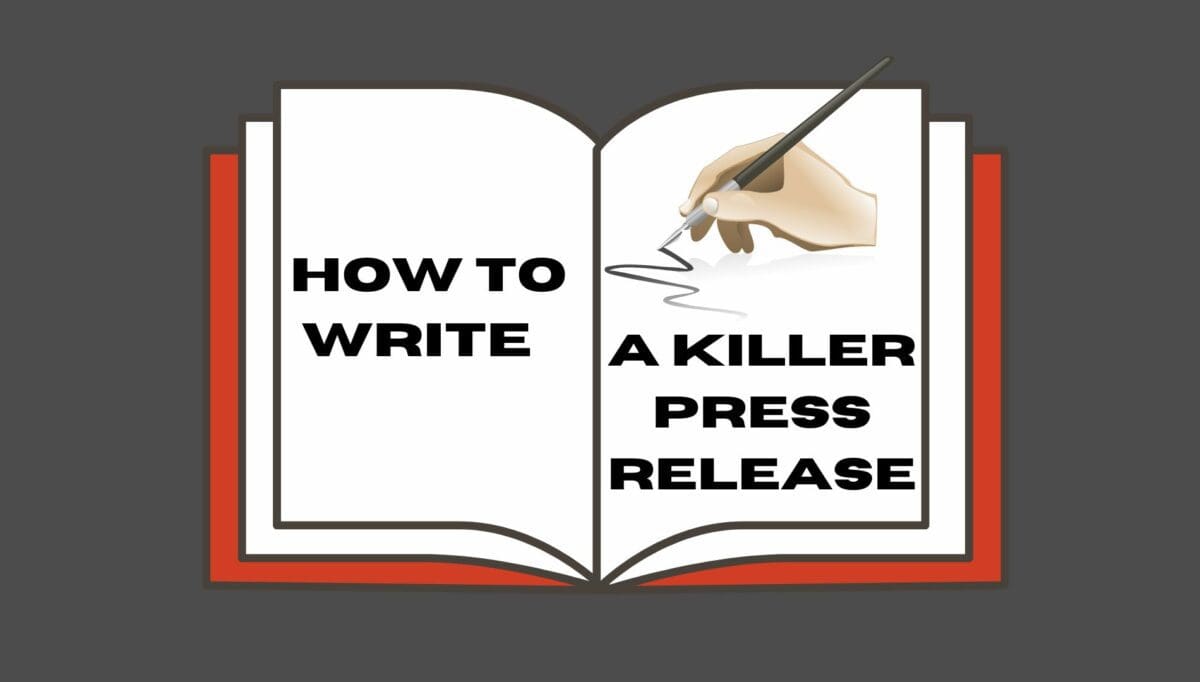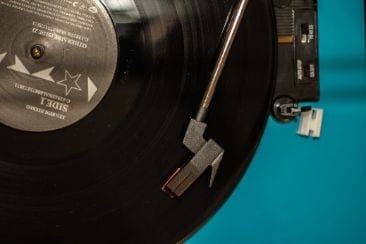Singing through your nose can be down to a handful of factors. It is a common obstacle faced by many developing singers but is a problem that can be fixed.

With the right guidance, singing through your nose can easily be solved. From breathing correctly, understanding your diaphragm and strengthening your soft palate, you can sing loud and clear without any nasal worries.
If you want to know how you can stop singing so nasally please read on. We’ve put together 6 simple steps that will help put a stop to singing through your nose, helping you open up your vocals and project your voice far and beyond.
How to stop singing through your nose
Although some singers love the edgy tone it may add to their style, many wanting to remove the clogged-up sound in order to let those crystal-clear vocals shine.
#1 Knowing your soft palette
The soft palate is located within the roof of your mouth. If you brush along your soft palette with your tongue, it feels incredibly soft and can move up and down.
This up-and-down motion the soft palate performs every time your mouth moves, from singing your favourite hits to eating a delicious dessert. It is an important factor to consider when stopping yourself from singing through your nose.
The higher you can keep your soft palate as you sing, the less the nasal sound and singing through your nose will take over.
#2 Lose the clogged nose feeling
When your soft palate is sitting just a little too low it can cause your nose to feel blocked. However, mucus can also keep you feeling clogged when singing.
There are methods that can help you banish the clogged feeling. For example, steaming with a tea towel over your head, and taking deep breaths in through your nose and out through the mouth can all reduce mucus.
The steam loosens the blocked feeling and your nose can feel relieved of the irritating clog. This makes it easier to focus on your soft palate staying raised and keep you from singing through your nose.
Certain foods and drinks such as milk can make you feel more clogged up. Try and learn more about improving your diet based on what’s good for your voice.
#3 How to stop singing through your throat
The diaphragm is a muscle in the shape of a dome. It is located just under our lungs and it moves in and out like an accordion as we breathe.
When your singing teacher explains to “sing from your diaphragm”, they are talking about you taking your breath down into your belly. It’s always best for your singing if your diaphragm is flat, which is why standing up is a great position to sing in.
Breathing all the way down to your diaphragm allows you to have better control of how much air you release when singing. If we hold it in our chest, our vocal cords strain to control the air quality and lead to singing through the nose.
#4 How to stop your nose from hurting when singing
Other than having a blocked-up nose from a cold, this discomfort may be from passages in your nose contracting when you sing.
The tension from these passages flexing in and out can cause an uncomfortable feeling when you just want to enjoy a singing session. There are some helpful exercises you can add into your vocal warm–ups such as; humming ‘NG’ to scales.
If you find this is causing the pain, focus on how much breath is rippling through your nose when hitting the note.
If it’s zooming through, raise that soft palate and sing from deep down in your stomach. This should ease the nose from hurting and give you better breath control.
#5 Breathing correctly through your nose whilst singing
Breathing causes nasal resonance, which is the tingling you can feel in your nose when soaring up to those head voice notes.
There are some great humming exercises you can add to your daily singing rehearsal such as bringing your mouth to a close whilst singing a consonant like ‘N’.
You’ll notice a humming sound develop, where you can take time to notice the breath moving through your nose causing tiny vibrations. This should be avoided unless passing through a consonant sound such as ‘N’, ’M’ and ‘NG’.
If it’s a vowel sound, the all-important soft palate should be opening wide for your vocals to thrive.
#6 Say goodbye to a nasal voice
You can work on moving the soft palate up and down repeatedly by opening your mouth and saying “hung-ah”.
Once you know how to keep the palette nice and high, practice holding it there for 4 counts, releasing back down and so on. You can also work on relaxing your tongue when the palate is up so you become familiar with the open feeling.
Singers who sing through their nose
- Amy Winehouse
- John Newman
- Miley Cyrus
- Britney Spears
- Paloma Faith
- Cyndi Lauper
- Duffy
- Ellie Goulding
- Rihanna
What causes a nasal singing voice?
We all have a soft palate in our mouths. If you are struggling with avoiding singing through your nose, it may be because your soft palate is not being lifted high enough when you are belting out those tougher notes.
When your soft palate isn’t raised high enough, the vocals sound more nasally than usual.
Related Questions:
Is singing through your nose bad?
It is brilliant practice to develop the habit of avoiding singing through your nose. You really want to be driving notes from low down in your belly and through a nicely raised soft palate.
How do I stop talking through my nose?
When you speak make sure you are keeping the back of your mouth open and the soft palette raised. When the back of your mouth is restricted and the soft palate is lying low, the nasally sound will begin because all your air is travelling through your nose.
What causes a nasal voice?
Sometimes the cause of a nasal voice may be that you have a cold. It can also be down to your soft palate sitting lower than needed when singing. The lower your soft palate, the more unsealed air can travel through your nose rather than your mouth, resulting in a nasal voice.
How do I get rid of my cold voice?
There are many remedies for getting rid of a cold voice. An effective method is sipping hot ginger tea with honey. Apply this alongside some regular steaming and keeping super hydrated, and you’ll be well on your way to vocal recovery.
We hope that you’ve found these tips helpful. Let us know in the comments below.











